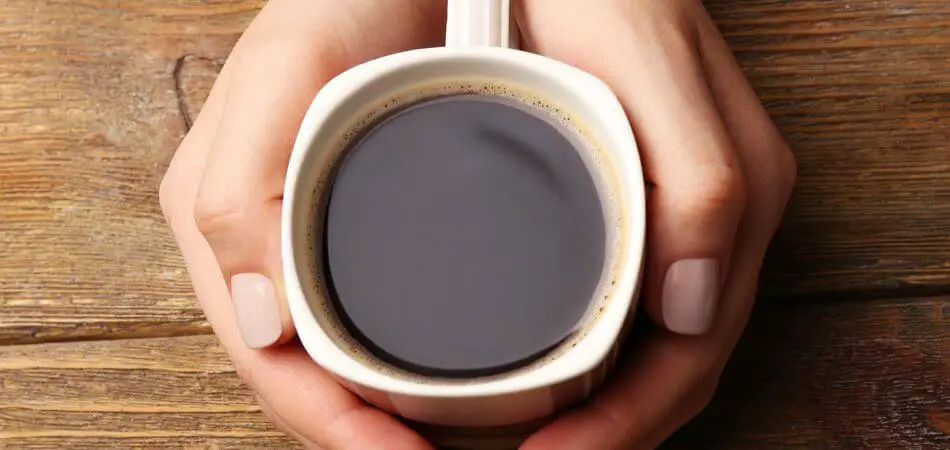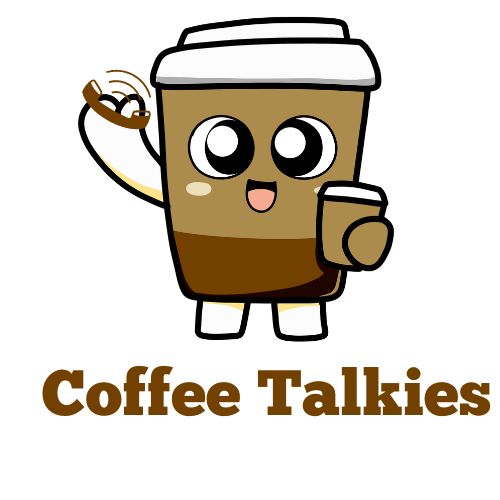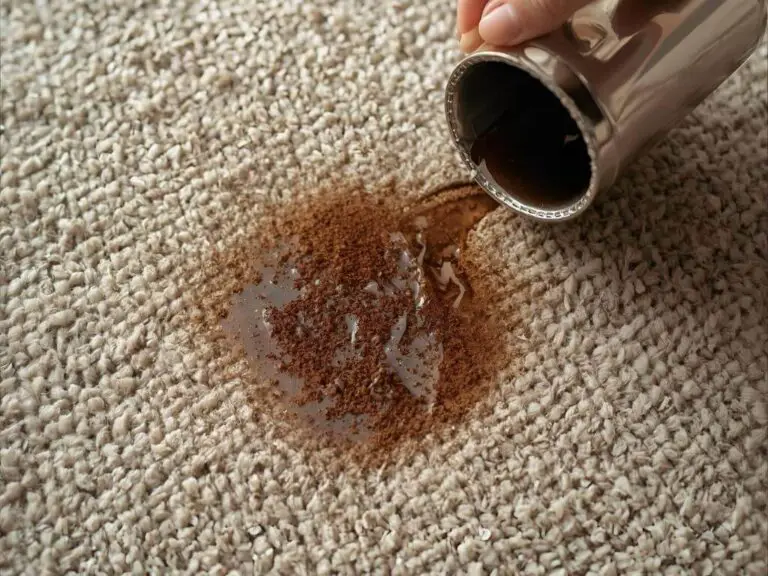Why does Coffee Make me Sleepy and How to Fix It
Ever grabbed a cup of coffee hoping for an instant energy boost… only to feel even sleepier afterward? 😴 You’re not alone! Many coffee lovers experience this paradox and wonder, “why does coffee make me sleepy?”
Coffee is famous for waking us up, thanks to its caffeine content. But sometimes, instead of feeling alert and energized, we end up yawning within minutes. It’s confusing, right?
In this article, we’ll break down the science behind coffee-induced sleepiness, explore lifestyle and timing factors, and share practical tips to make sure your cup of coffee actually energizes you. ☕⚡
By the end, you’ll know why coffee can have the opposite effect and how to avoid it—so your mornings can be bright and focused, not sleepy! 🌞
How Coffee Normally Affects the Body
To understand why coffee sometimes makes us sleepy, it’s helpful to know how it usually works.
Caffeine is a natural stimulant. It primarily works by blocking a chemical in your brain called adenosine, which is responsible for making you feel sleepy. When adenosine is blocked:
- 🧠 Your brain feels more alert
- ⚡ Energy levels spike
- 🏃 Focus and reaction time improve
Here’s a quick table to visualize the normal effect of coffee:
| Effect of Coffee | What Happens Normally |
|---|---|
| Alertness | Caffeine blocks adenosine |
| Focus | Brain activity increases |
| Energy Boost | Temporary spike in energy |
So, when everything goes as expected, coffee is like a magic potion for productivity. But sometimes, things don’t go as planned…

Reasons Coffee Might Make You Sleepy
It sounds strange, but sometimes your morning cup of coffee can backfire. Here’s why:
1. Caffeine Crash
After the initial energy spike, your body can experience a sudden dip in energy, leaving you more tired than before. This is often called the “caffeine crash.” ⚡➡️😴
2. Overconsumption
Drinking too much caffeine can overstimulate your nervous system. Instead of feeling energized, your body becomes exhausted trying to keep up.
3. Dehydration
Coffee is a mild diuretic, meaning it makes you urinate more often. 💧 Less water = more fatigue.
4. Sugar Crash from Additives
Cream, milk, or flavored syrups can cause a sugar spike followed by a crash, making you feel sleepy after that first boost. 🥛🍬
5. Individual Sensitivity
Some people metabolize caffeine differently due to genetics. If you’re more sensitive, even a small cup can make your body react unexpectedly.
6. Adenosine Rebound
Once caffeine wears off, adenosine can build up quickly, causing drowsiness—your brain catching up on the sleep signal it was blocking.
Expected vs. Actual Effect of Coffee
| Expected Effect | What Actually Happens | Reason |
|---|---|---|
| Feeling alert ⚡ | Feeling sleepy 😴 | Caffeine crash / adenosine rebound |
| Boosted focus 🧠 | Brain fog 🌀 | Overconsumption / sugar crash |
| Increased energy 💪 | Fatigue 😩 | Dehydration / poor timing |
| Motivation to work ✍️ | Procrastination 😅 | Individual sensitivity |
💡 Tip: Understanding your body’s reaction can help you adjust timing, amount, or type of coffee to avoid feeling sleepy.
Timing Matters ⏰
When you drink coffee can be just as important as how much you drink. Your body follows a circadian rhythm, a natural internal clock that regulates sleep and alertness.
- Morning coffee (6–10 AM): Usually works best—your body is naturally more alert and can use caffeine efficiently. ☀️
- Late morning / early afternoon: Still fine for most people.
- Late afternoon / evening: Can interfere with sleep and sometimes leave you feeling groggy or sleepy later. 🌙
💡 Pro Tip: Try to avoid coffee 6–8 hours before bedtime to prevent it from disrupting your natural sleep cycle.
Lifestyle Factors That Influence Coffee’s Effect
Even if you drink coffee at the perfect time, lifestyle factors can affect how your body reacts. Here’s what to consider:
1. Sleep Quality
Poor or insufficient sleep makes caffeine less effective and can even leave you more tired. 🛌
2. Diet & Hydration
Low blood sugar or dehydration can intensify sleepiness after coffee. Always drink water alongside your cup. 💧
3. Stress & Overall Health
High stress levels and certain medications or health conditions can affect caffeine metabolism, making coffee less energizing. 😰
Mini Checklist: Is Your Coffee Less Effective? ✅
| Factor | Check if it applies to you |
|---|---|
| Sleep less than 6–7 hours | ⬜ |
| Drink coffee on empty stomach | ⬜ |
| High sugar or heavy cream in coffee | ⬜ |
| Feeling stressed or anxious | ⬜ |
| Not drinking enough water | ⬜ |
💡 Tip: If you tick more than one box, your coffee might not give you the energy boost you expect.

Tips to Avoid Feeling Sleepy After Coffee ☕💡
If you’ve ever wondered “why does coffee make me sleepy?”, these simple strategies can help you get the energy boost you expect:
1. Limit Caffeine Intake ⚖️
- Stick to 1–2 cups per day if you’re sensitive.
- Avoid consuming too much too quickly to prevent overstimulation and crashes.
2. Pair Coffee with Food 🍴
- Eating a small snack with your coffee slows caffeine absorption.
- Examples: whole grain toast, nuts, or yogurt.
3. Stay Hydrated 💧
- Drink a glass of water before and after coffee to prevent dehydration.
- Dehydration can worsen fatigue even if caffeine is working.
4. Time Your Coffee Strategically ⏰
- Drink coffee during morning or early afternoon.
- Avoid late evening or right after a big meal that can slow absorption.
5. Limit Sugar and Cream 🥛🍬
- Heavy sugar or creamy additives can cause a sugar crash, making you sleepy.
- Try low-calorie alternatives or black coffee.
6. Consider Alternative Caffeinated Drinks ☕➡️🍵
- Green tea or matcha provide caffeine but release it more gradually.
- Can prevent sudden spikes and crashes in energy.
7. Nap Smartly if Needed 😴
- A 10–20 minute power nap can refresh you without interfering with nighttime sleep.
- Pairing a short nap with coffee (a “coffee nap”) can be surprisingly effective.
✅ Quick Summary:
To prevent coffee-induced sleepiness:
- Drink the right amount
- Pair with food and water
- Mind the timing
- Avoid sugar-heavy drinks
- Pay attention to your sleep, stress, and health
When to See a Doctor 🩺
While occasional sleepiness after coffee is usually harmless, there are times when it could signal a health issue. Consider consulting a healthcare professional if:
- You feel constantly fatigued even after moderate coffee intake. 😴
- Coffee never gives you energy, no matter the timing or amount.
- You experience other symptoms like dizziness, heart palpitations, or unexplained weakness. ⚠️
- You have underlying conditions or take medications that might affect caffeine metabolism.
Conclusion 🎯
So, why does coffee sometimes make you sleepy? ☕😴
It all comes down to a mix of biology, timing, lifestyle, and individual sensitivity:
- Your body’s adenosine levels can rebound after caffeine wears off.
- Dehydration, sugar crashes, and overconsumption can leave you feeling tired.
- Poor sleep, stress, and diet also affect how your body reacts to coffee.







